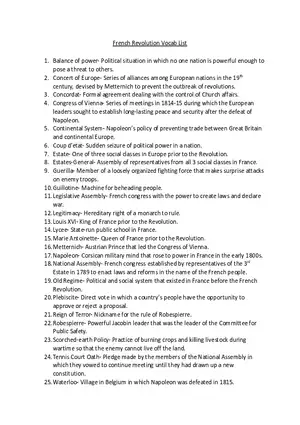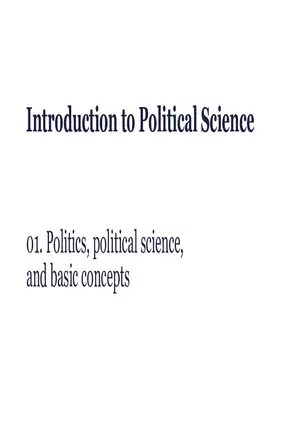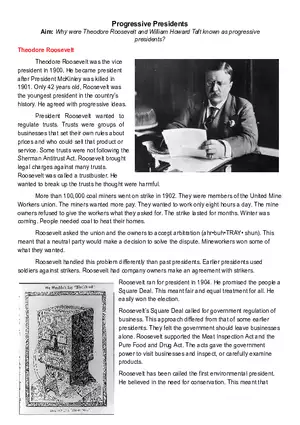2
Activity A:
Get the Gizmo ready:
Identifying
nutrients
Click Reset.
Drag Sample A into the Food sample holder.
Lugol
Biuret
Sudan
Introduction: Most food is composed of three types of molecules: carbohydrates, proteins,
and lipids.
Carbohydrates are found in such as starches and sugars are major source of energy. Simple sugars
other plant products.
sweets and fruits. Starches are found in potatoes, cereal, pasta, flour, and
proteins include meats, dairy products, and beans.
Proteins are used in body structures such as muscles, skin, and hair. Rich sources of
Lipids (fats and oils) are used for energy, insulation, and as an essential building block of
cells. Meats, dairy products, and oily plants such as olives are rich in lipids.
Question: How do you test for carbohydrates, proteins, and lipids?
1. Test: Under the Benedict test, click Test. Is the Benedict test positive for sample A? yes
Recall that orange is a positive test for monosaccharides (and some disaccharides).
2. Test: The Lugol test uses iodine to test for starch, a polysaccharide (complex
carbohydrate). lodine turns dark purple in the presence of starch.
Under Lugol test, click Test. Does sample A contain starch? yes
3. Test: The Biuret test uses a solution of potassium hydroxide (KOH) and copper sulfate
(CuSO4) to test for protein. The Biuret solution turns purple when proteins are present.
Under Biuret test, click Test. Does sample A contain proteins? yes
4. Test: The Sudan Red test uses a fat-soluble dye, Sudan Red, to indicate the presence of
lipids. When lipids are present, the dye will be absorbed into the lipids, and will appear as
concentrated spots of color in the test tube. (No spots indicates that lipids are not present.)
Under Sudan Red test, click Test. Does sample A contain lipids? no
5. Summarize: What nutrients does sample A contain? A contains monosaccharides
as it primary nutrient
6. Analyze: What kind of food is sample A most likely to be? (Circle your choice)
A
Apple juice
B. Baked beans
C. Oatmeal
D. Scrambled eggs
Reproduction for educationaluse only Public sharing or posting is prohibited
2019 ExplareLearning All rights reserved














